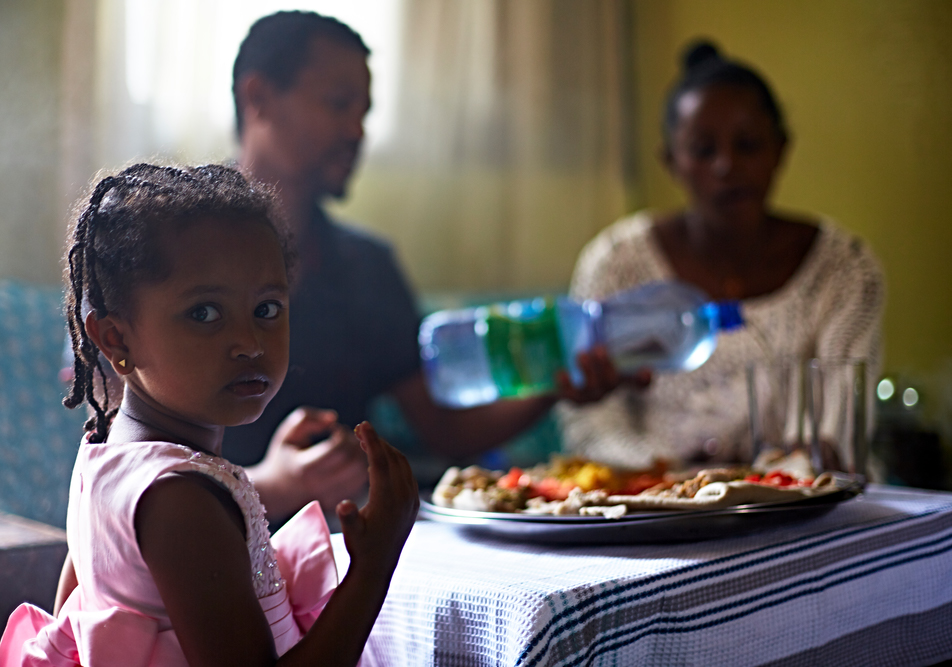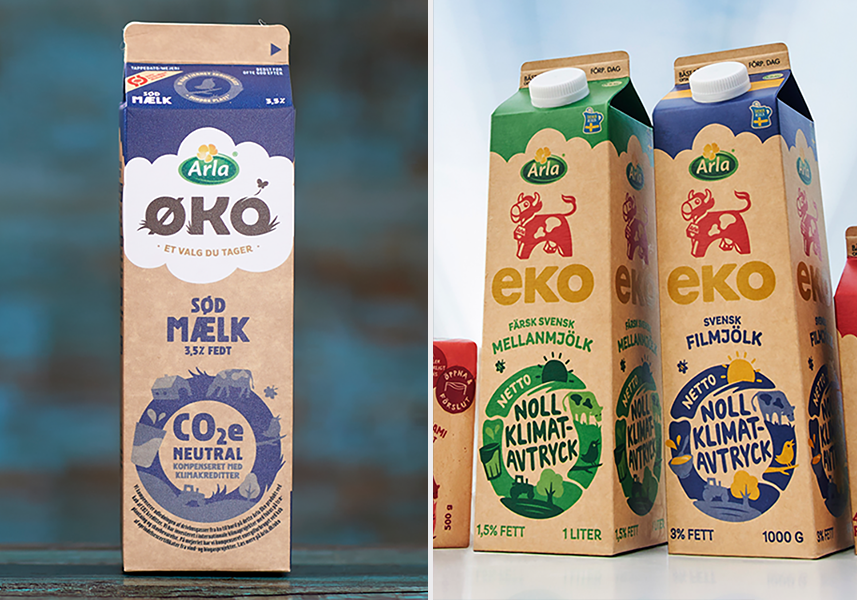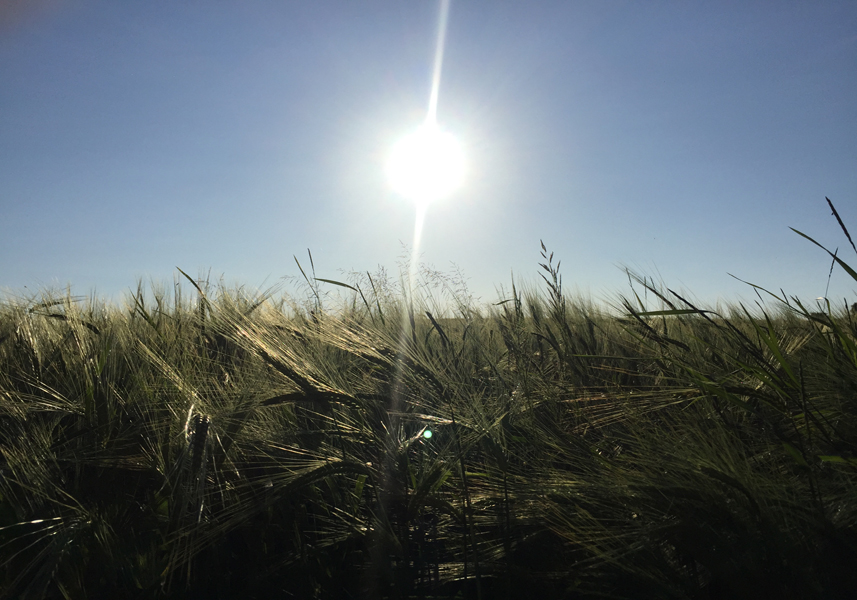At Arla, we are impatient in our fight against climate change. It’s an urgent agenda for both our farmer owners and our colleagues, not least for our planet.
However, there are not many quick fixes to help cows burp and fart less. It takes science and time to influence biological processes - a lot longer than what some people may be willing to accept. Hence our impatience.
When it comes to climate action we’re taking a broadminded approach. It’s better to use an imperfect solution today than wait for a perfect solution that may or may not be available tomorrow. It certainly isn’t stopping us from planning our long-term quantum leaps.
Carbon compensation is one such remedy and we can leverage it, here and now. One year ago, we launched a carbon neutral dairy range in Sweden, based on the milk from our organic farmers who have already come far in reducing their own carbon footprint. But they aren’t able to eradicate every single emission. That’s why the remaining greenhouse gasses are compensated for in or outside our own value chain through tree plantings, investments in protection of forest that is otherwise at risk of being cut down, just to cite a few of the activities we’re investing in.
This week, we are taking a similar step in Denmark, re-launching our organic fresh milk products as carbon neutral organic milk using compensation. We are also looking into launching carbon neutral products in other European markets. We know that consumers of organic products in particularly are conscious about climate and expect more from us in this area.
We are, however, very much aware that carbon compensation is a subject of criticism. Some people strongly believe that compensation is an invalid measure and therefore greenwashing.
We disagree. When carbon is factually taken out of the atmosphere, it’s a concrete and tangible climate action.
I do acknowledge that, to some extent, the scepticism towards carbon credits is justified. There has been dubious carbon credits on the market that double-counted savings or simply didn’t deliver the promised carbon saving.
However, there are also high-quality credits that are certified according to global standards and guarantees either additionality to ensure that more carbon is in fact extracted from the atmosphere or that further emissions are avoided. On top of this they support local community projects, e.g. education of local farmers, and support biodiversity. These are the type of credits that we use.
The value of certified carbon compensation projects must not be overshadowed by bad examples, dogmas and prejudices. If the projects are top-shelf, carbon compensation can be a powerful weapon in fighting climate change.
The commercial value, however, ultimately depends on customer and consumer trust. That’s why, as well as investing in credible compensation projects, we employ external auditors to verify the emission measurements from our own value chain and why provide clear information on pack and end-to-end transparency on our website following the ISO standard 14021 on environmental communication.
If we fail to do this right, we not only loose hard-earned trust, we also risk jeopardising the reputation of carbon compensation projects as well as other organisations using them.
In Arla, we believe that climate compensation is an important measure to complement our main priority: to reduce emissions. Since 1990, Arla and its farmer owners have cut the emissions on a litre of Arla milk by 23 per cent. We are supporting our farmers to reduce their emissions further using climate advisors, data and knowledge sharing through our massive Climate Check programme. We invest in research into how different types of feed can help reduce cows’ burps. We have trucks running on electricity and are testing biogas fuel. We use manure to power and heat farms and dairies and introduce improved packaging solutions. Our ultimate ambition is to make all our milk carbon net zero by 2050.
We - farmers and colleagues - are very proud of what we have achieved so far, but we also know that there is a lot more to do. We have a long list of concrete actions in our pipeline to reduce even further.
The naked truth is that our value chain will never be free of emissions. The next best thing is to step by step reduce what we can and then balance out the remaining carbon through compensation activities in or outside our value chain. This way, we are not letting perfect be the enemy of the good.



